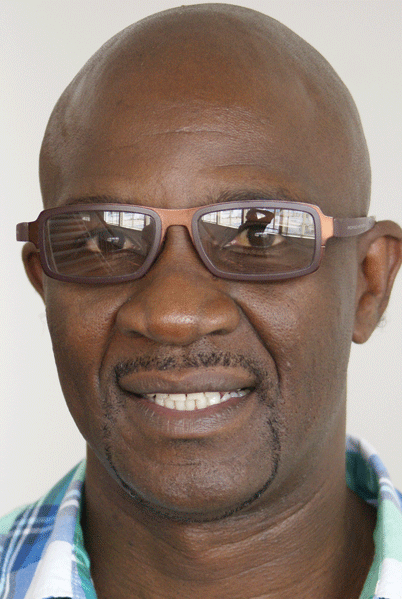
IN its first 65 years the United Nations has been called many things. President Harry Truman called it “permanent partnership among the people of the world for their common peace and common well being” and one New York mayor said it was a “cesspool”.
While surviving these and countless other characterisation the UN has somehow continued to reinvent itself never to the total satisfaction of anyone. The current demand for reinvention as pressing as any organisation has faced.
The United Nations Charter a mixture of great power hardheadedness and a series of more or less idealistic notions about the future.
At its founding the United Nations was widely perceived by the public as a fundamentally idealistic institution that would change the way nations behaved. This was not the primary objective of the three Governments.
The United States, the Soviet Union and Britain, that had been most involved in drafting the UN Charter. Mark Mozower, a professor of history and world order studies at Columbia maintains in his book no enchanted palace that in the last few years a body literature has appeared that gives a very one-sided view of what the UN was set up to do and generates expectations that its founders never intended to be met.
The result is, if anything, to deepen the crisis facing the world organisation and to obscure rather than illuminate its real achievements and potential.
The idea was to give the leaders of the victorious wartime alliance which had been fighting since 1942 under the collective title United Nations, the task, as permanent members of the Security council of securing and if necessary enforcing the peace seemed in 1945 to be a logical course to follow. With the onset of the cold war, however, it became a formula for political paralysis.
Starting in the 1950s the organisation improvised a new method, peace keeping operations to contain brushfire conflicts that might ignite an East-West confrontation, particularly in the Middle East. It provided a forum where the contestants in the ideological and nuclear arms races, the two superpower, could as a last resort, meet without loss of face even during the most heated crisis, to stave off the ultimate horror of nuclear war.
- Chamisa under fire over US$120K donation
- Mavhunga puts DeMbare into Chibuku quarterfinals
- Pension funds bet on Cabora Bassa oilfields
- Councils defy govt fire tender directive
Keep Reading
The UN was the catalyst for decolonisation, a process that went much faster than its founders had anticipated. Many of the new members that brought the membership from the original fifty to the present 192 were states that had just gained their independence.
Economic and social development became the predominant task of the UN and its specialised agencies and programs, WHO, FAO, Unicef among them that make up the so called “UN System” the new members were intensely protective of their newly acquired sovereignty.
Since 1945 scarcely a year has gone by without the subject of UN reform surfacing in one way of another and from time to time useful reforms, mostly in organization and in the secretariat have been made.
Events have occasionally driven the UN to adopt new principles. The horror of the Rwanda genocide, for instance, impelled secretary-general Kofi Annan to put forward the concept of “responsibility to protect” which after being cautiously approved by a summit meeting of the heads of State in 2005, opened a possible door for international rescue of groups in unbearable misery or under lethal harassment in their own country.
The International Criminal Court was created in 1998 to prosecute individuals for genocide, crimes against humanity, war crimes and crimes of aggression. Although some quarters have denounced it more for ideological than logical reasons, its proponents view it as a valuable addition to the International system.
Peacekeeping, and improvisation not mentioned not mansion in the UN charter is now universally accepted.
More than 100 000 peacekeeping soldiers are at present on duty in many parts of the world, although no progress has been made towards a standing UN rapid development force, which in an ideal or rational world, would be the obvious way to provide for the speedy development or well trained troops and civilians in an emergency.
International organisation are often disparaged as talking shops. That among other things is what they are and requires no apology.
The UN contribution to the ideas and concepts that are the driving force of human progress, However, has been very largely ignored.
This has led to the founding of the United Nations intellectual history project, an initiative supported by eight governments and seven foundations Independent of the UN itself.
Its mandate is to cover the entire range of UN activity and especially economic and social development, which has received far less attention that the more news worth field of international peace and security.
It is often said that the United Nations is becoming marginalised in the affairs of a globalised world. The very large global threats to the preservation even the survival of organised life on the planet demand a much more. Authoritative global organisation than has hitherto been thought necessary.
The UN lives to a considerable extent in a political past when independent national sovereignty was the gold standard of International affairs. That the organisation is to some extent an anachronism.
However, is not what its member governments discuss when they consider reform. What is needed now is not to abolish national sovereignty but to reconcile it with the demands of human survival and decency in the astonishingly dangerous world we have absentmindedly created.










